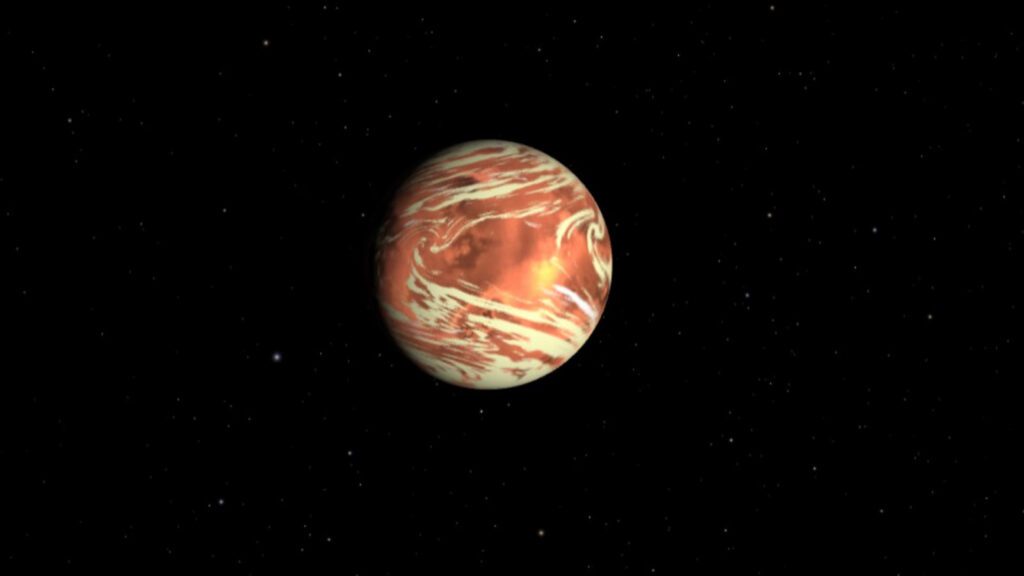Dr. Nikku Madhusudhan, an Indian-born astrophysicist at the University of Cambridge, led a research team that identified potential signs of life on exoplanet K2-18b, located 124 light-years away in the Leo constellation. Utilizing data from NASA’s James Webb Space Telescope (JWST), the team detected chemical compounds—dimethyl sulfide (DMS) and dimethyl disulfide (DMDS)—in the planet’s atmosphere. On Earth, these compounds are exclusively produced by biological processes, primarily by marine microorganisms like phytoplankton.
Also Read:- Mamata Banerjee PM Must Control Amit Shah Over Bengal Violence
K2-18b, a “Hycean” world with a hydrogen-rich atmosphere and possible ocean-covered surface, resides in its star’s habitable zone. The planet’s mass is approximately nine times that of Earth, and its conditions may support microbial life.
Cautious Optimism Amid Groundbreaking Findings on K2-18b
While the presence of DMS and DMDS is compelling, Dr. Madhusudhan emphasized the need for further verification. “This is the strongest evidence yet there is possibly life out there. I can realistically say that we can confirm this signal within one to two years,” he stated . The research team plans additional observations to confirm the biosignatures and rule out non-biological explanations.
Also Read:- Pilot’s sudden death: Government to reassess health emergency SOPs at airports
The discovery has sparked excitement in the scientific community, marking a significant advancement in astrobiology and the search for extraterrestrial life. However, researchers urge caution, noting that while the findings are promising, they do not constitute definitive proof of life.











More Stories
Why Today’s Border States Mock Drills Were Postponed
Elon Musk Exits Trump Government: ‘My Time Comes To An End’
Cancer Gene Carrier Sperm Donor Fathers 67 Children, 10 Diagnosed with Cancer